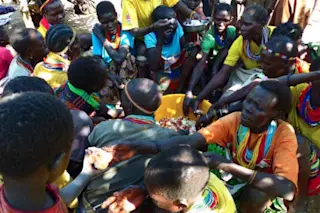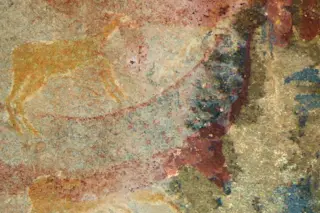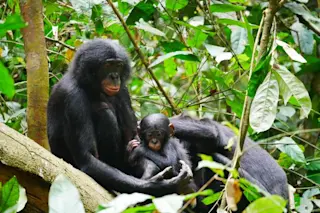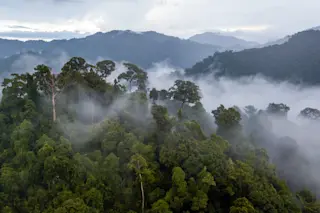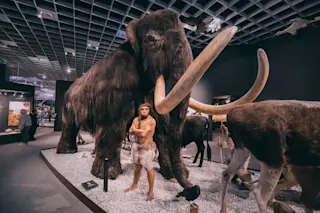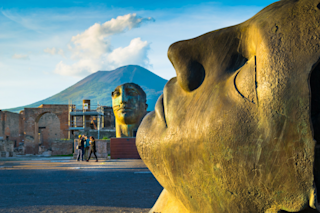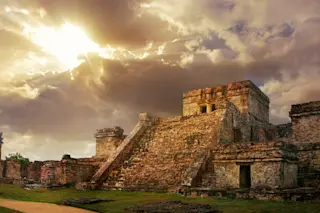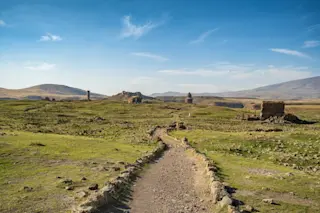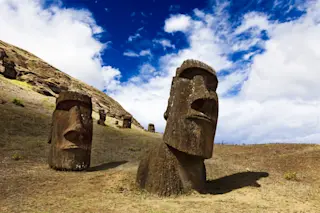A group of women and children from the Ik tribe share a meal. (Credit: Cathryn Townsend)
In January 2016, Cathryn Townsend set out to live among “the loveless people.” So named by anthropologist Colin Turnbull, the Ik are a tribe of some 11,600 hunter-gatherers and subsistence farmers living in an arid and harsh mountainous region of Uganda.
Turnbull studied the Ik in the 1960s and famously characterized them as “inhospitable and generally mean” in his book The Mountain People. He documented how young children were abandoned to starve and how people would snatch food from the elderly. Townsend, a Rutgers University anthropologist, visited the Ik decades later to see how a culture that supposedly lacked basic kindness operated.
Her interest stemmed from an ongoing, multidisciplinary investigation called The Human Generosity Project, which examines why and how human cooperation, in the form of generosity, threads its way through different cultures. The ...


